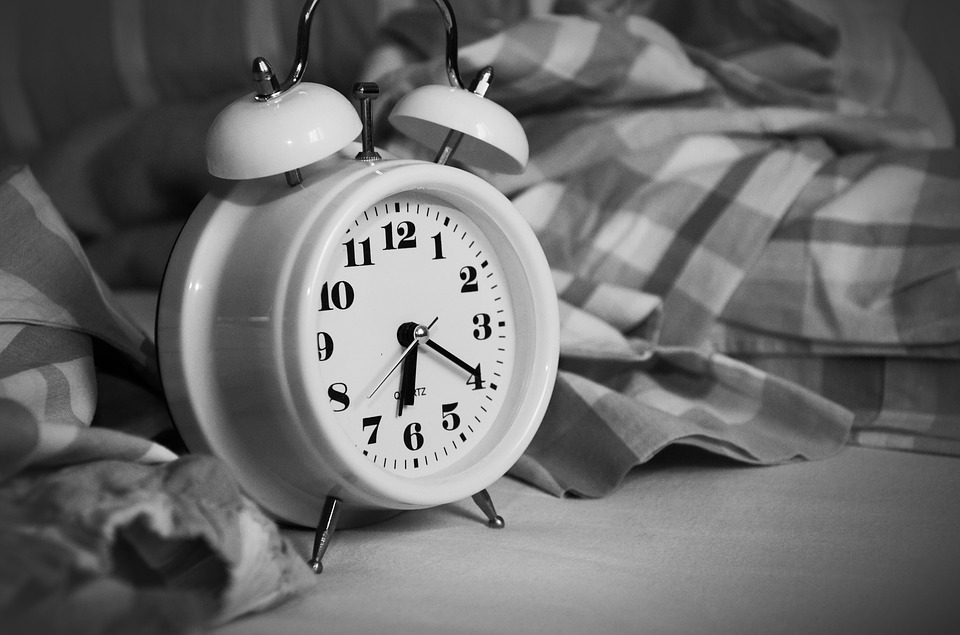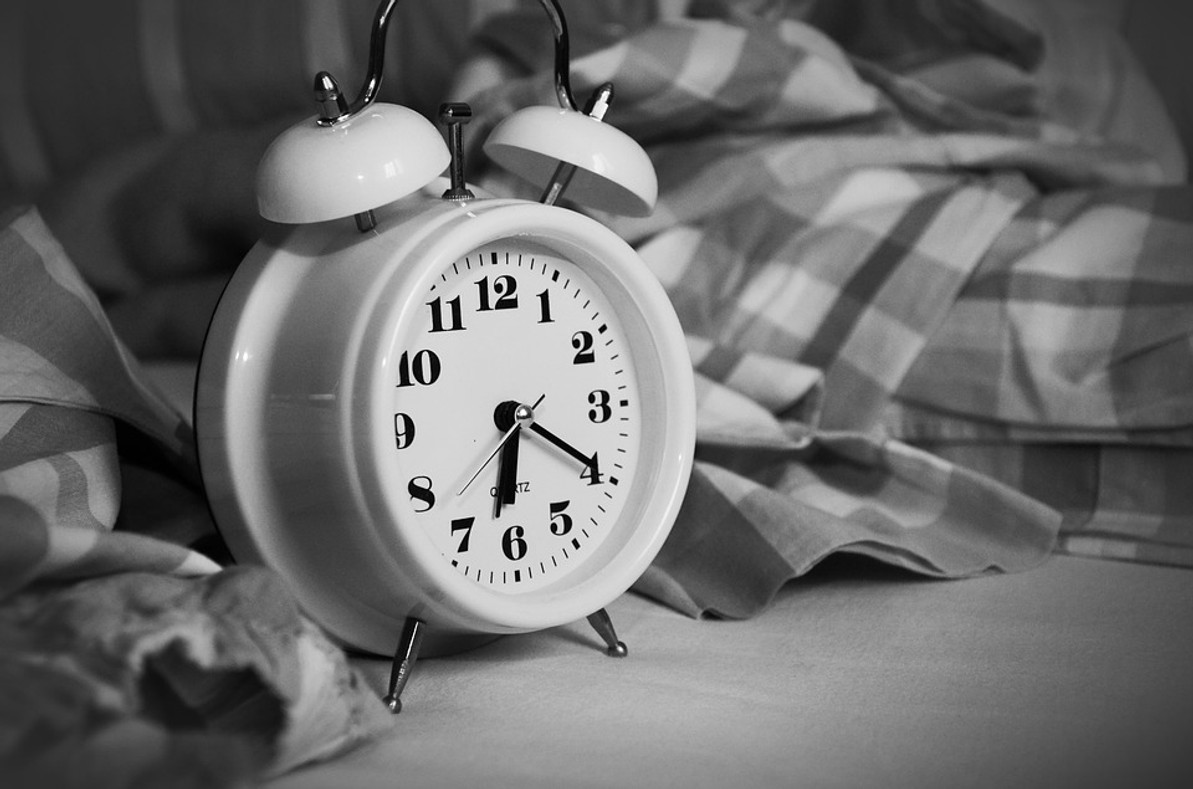Study: Regular Sleep Schedule Protects Against Fatigue

Do you go to sleep and wake up at the same time every night and morning? If not, you aren't alone. Millions of Americans have an irregular sleep schedule. They may go to sleep at 9:00 p.m. one night, followed by 1:00 a.m. or 2:00 a.m. the following the night. While a few occasional nights of irregular sleep are generally harmless, it can take a toll on your body over time. According to one recent study, people who don't follow a regular sleep schedule may experience midday fatigue.
The study, published in the medical journal Scientific Report, followed the sleeping habits and health of almost 2,000 adults between the ages of 54 and 93. All participants were asked to wear sleep-tracking devices so that researchers can insight into their sleeping habits.
So, what did researchers discover from this study? First, they found that participants who suffered from high blood pressure were more likely to oversleep than their counterparts with a healthy blood pressure. Second, they found that obese participants typically stayed up later than their counterparts with a healthy weight. Moreover, researchers found that participants who didn't follow a regular sleep schedule were more likely to suffer from midday fatigue than their counterparts who did follow a sleep schedule.
Researchers stress that they found no evidence linking irregular sleep to health problems or chronic disease. Rather, they found that participants who didn't follow regular sleep schedule experienced higher rates of fatigue and tiredness. This shouldn't come as a surprise given the fact that our bodies are designed with an internal clock. Known as the circadian rhythm or circadian clock, it's responsible for regulating our day-night cycles. Our bodies' internal clock, however, works most efficiently when you follow a sleep schedule.
“From our study, we can’t conclude that sleep irregularity results in health risks, or whether health conditions affect sleep. Perhaps all of these things are impacting each other,” said Jessica Lunsford-Avery, who was the study's lead author and researcher.
Even if you don't currently follow or use a sleep schedule, you can adopt one with relative ease. Start by determining how much sleep you'd like to have. The American Heart Association (AHA) currently recommends a minimum of seven hours of sleep for adults. Therefore, this is a good starting point. Now determine what time you'd like to lie down to try and sleep, giving yourself at least seven or eight hours. After determining your sleep and wake times, gradually acclimate yourself to your new schedule. It may take time, but your body will eventually adjust to your new sleep schedule, allowing you to benefit from less fatigue and more energy.
Recent Posts
-
Fire Safety in the Workplace: What You Need to Know
What steps are you taking to prevent fires in your workplace? According to the U.S. Occupational Saf …Aug 23rd 2023 -
Is It Safe to Go Jogging With a Cold Infection?
If you're suffering from a cold infection, you might be wondering whether it's safe to go jogging. T …Aug 22nd 2023 -
5 Safety Tips to Follow When Using a Powder-Actuated Tool
Powder-actuated tools are commonly used to join materials to steel and concrete. Also known as Hilti …Aug 20th 2023




